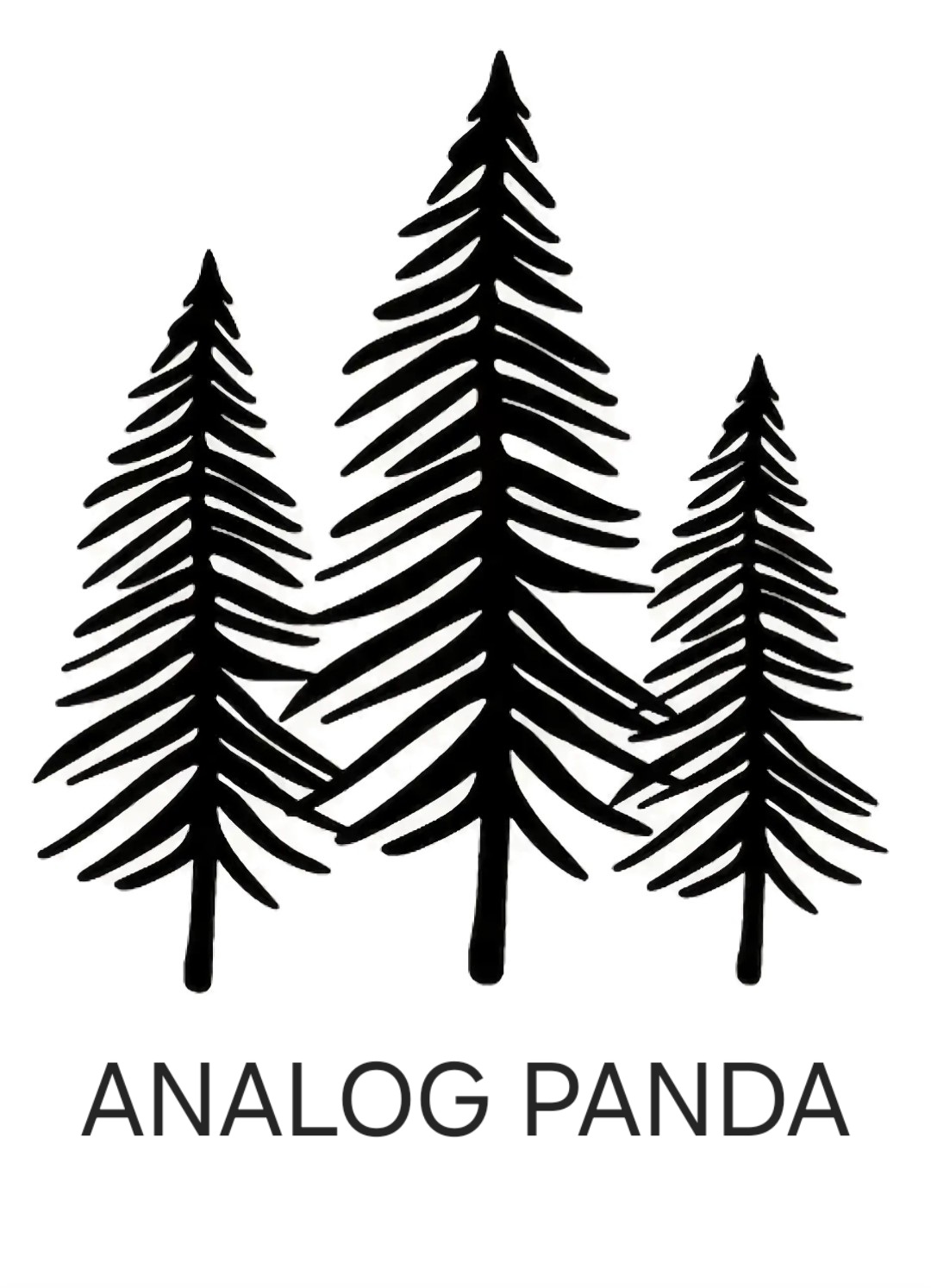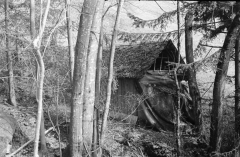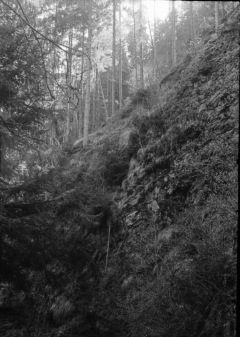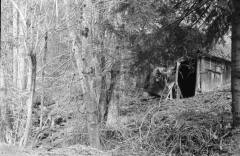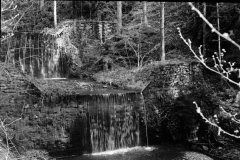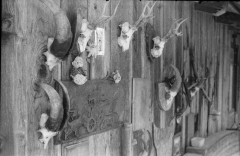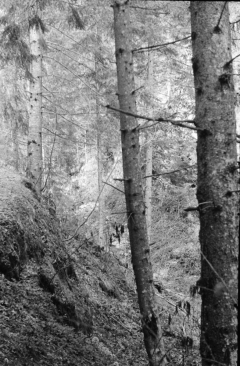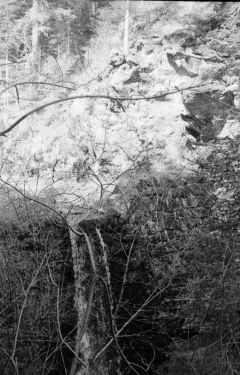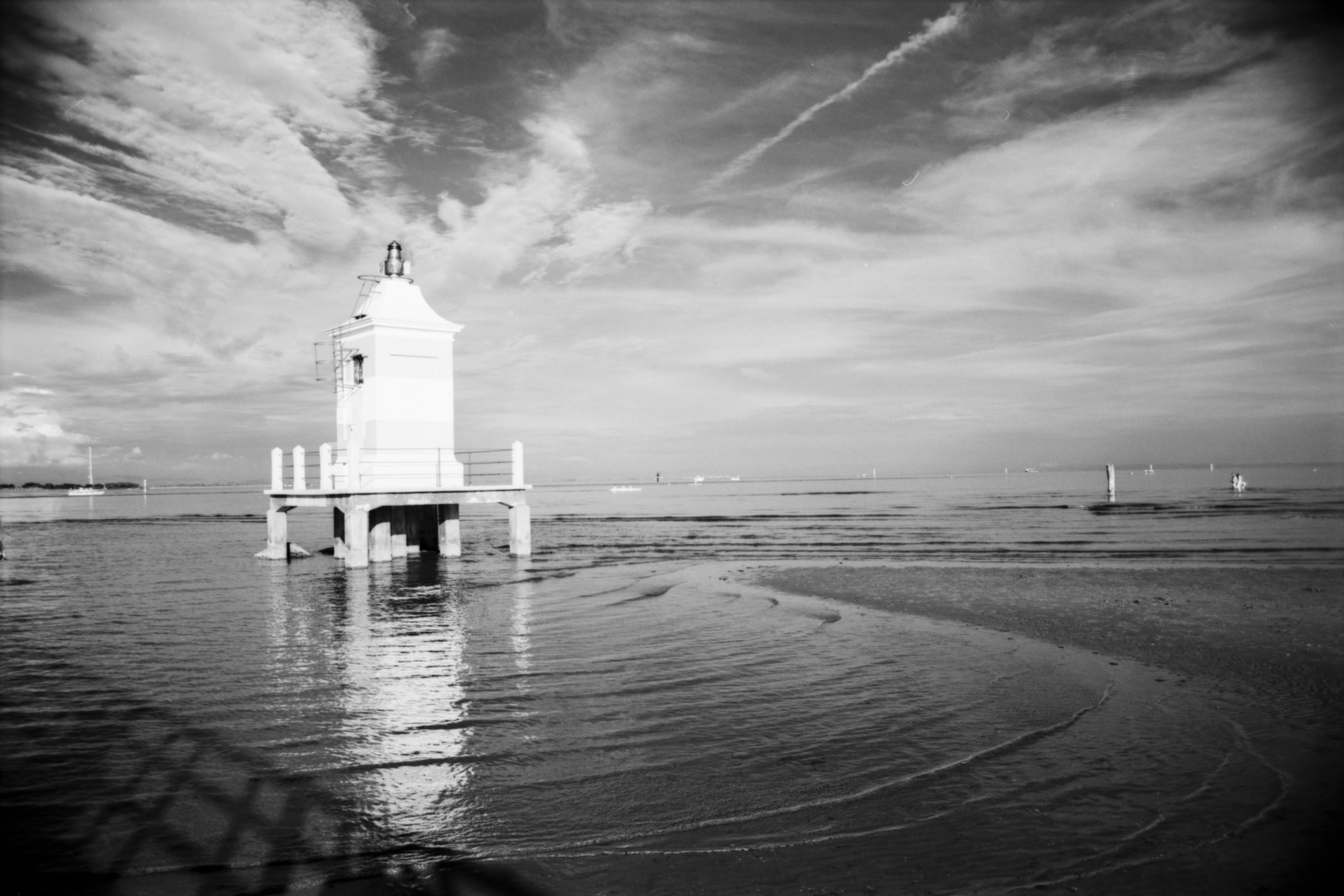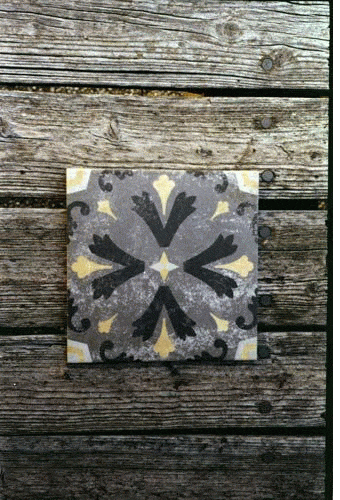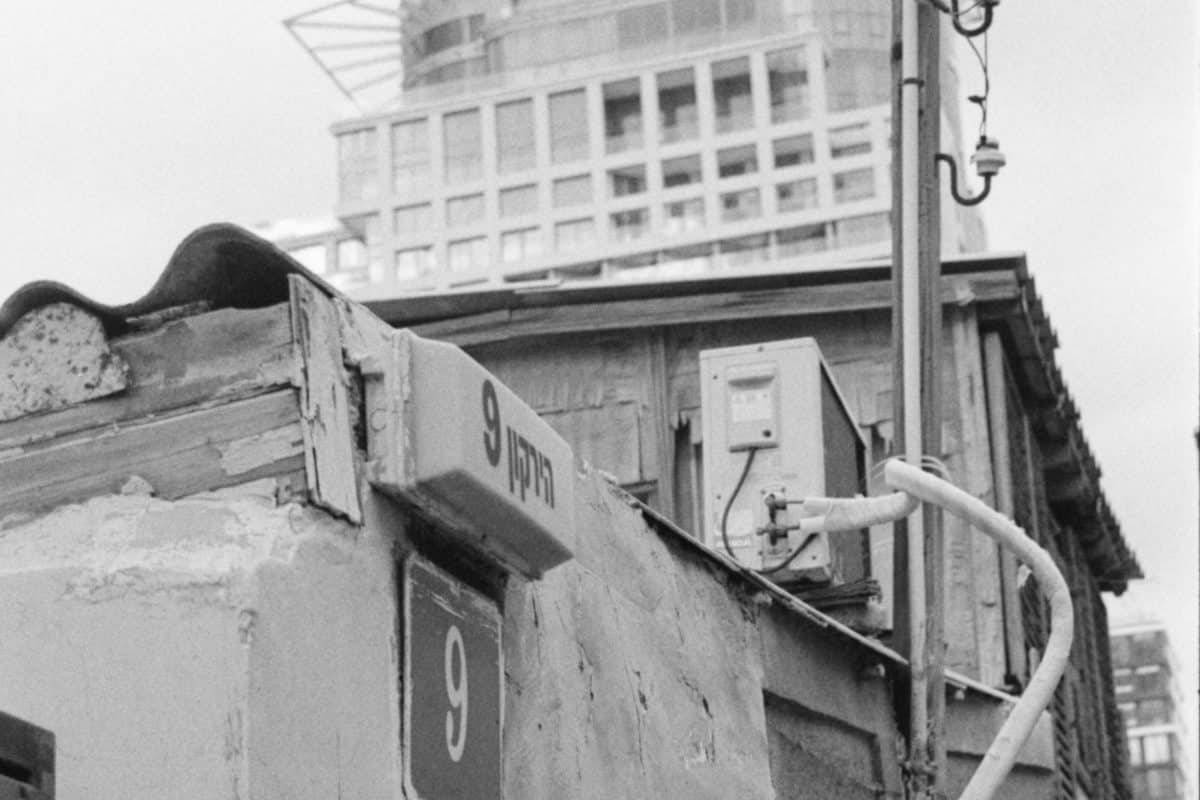In Hell: The Black Lodge
In Hell: The Black Lodge
The Black Lodge was a mythological place referenced in the stories of the Nez Perce tribe of northeastern Washington. It was the name used to refer to a particular extra-dimensional location visited by FBI Special Agent Dale Cooper during his 1989 visit to Twin Peaks, which bore the appearance of an endless, red-curtained series of rooms and hallways.
The Legend from Twin Peaks
The Black Lodge and its opposing counterpart, the White Lodge, originated in ancient legends passed down by the Nez Perce tribes who once inhabited the Twin Peaks region. In the stories, the Black Lodge was the „shadow self“ of the White, a place of pure evil through which all souls passed on the way to perfection. During this process, the pilgrim would confront the Dweller on the Threshold, their own shadow self. If this challenge was not met with perfect courage, the lodge would utterly annihilate their soul. While the White Lodge could supposedly be accessed with strong feelings of love, the Black would open to its opposite: fear.
[Source: https://twinpeaks.fandom.com/wiki/Black_Lodge]
Fairies, Elves, Goblins, Mysterious Women and Demons
In German language areas, especially in the mountain regions, you’ll find thousands of places called »Höll’« (Hell). It hasn’t any religious background, at least not in a direct (Christian) meaning. It’s describing a very narrow, wild or scary place, hard to enter. May it be mountain canyons, hidden narrow valleys or similar topographical places. These places are often connected with old lores and narratives of mystical/mythological content, folk tales about Fairies, Elves, Demons, mystical women and Goblins, afflicting humans who dare to disturb their secret places.
So whenever you walk in one of those places, do it cautiously, have an careful eye on your surroundings and never talk to strange and mysterious people who might cross your way.
CameraZorki 1FilmKodak Tri-X 400LocationHöllgraben (Hell Canyon), Breitenau am Hochlantsch. Styria, Austria.Year2019
Related Works
The Psychedelic Magic Zorki Ride
After my first series with these tiles, then in black and white with a Nikon F100, I felt like…
Old & New in Tel Aviv
In Tel Aviv, »old.new« is the »new.old«. The bizarre harmony of these two paradoxical and…
